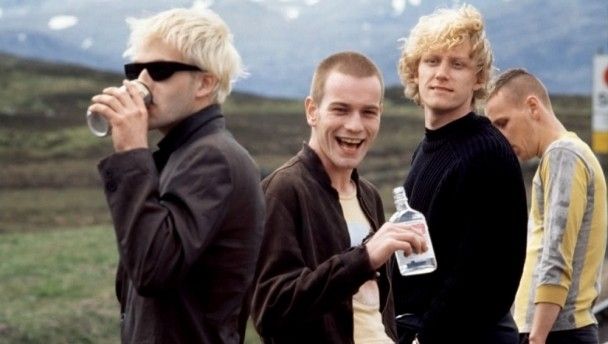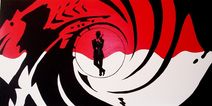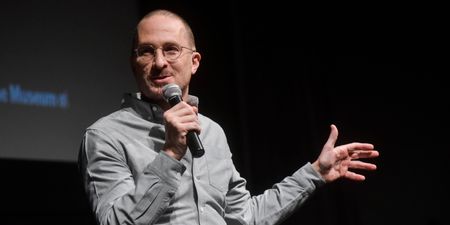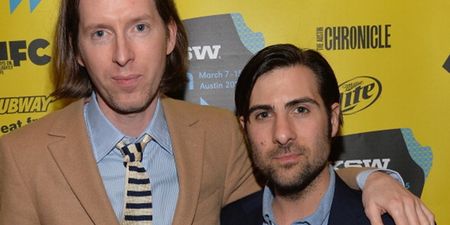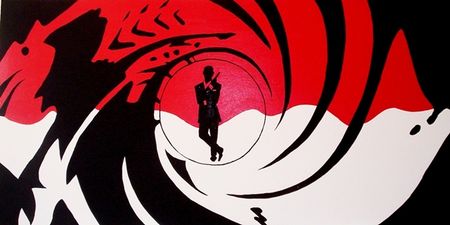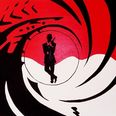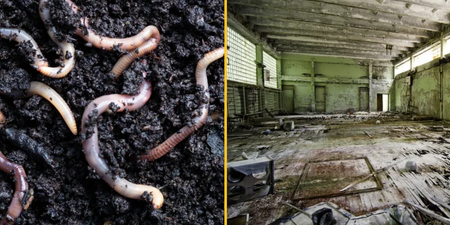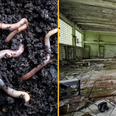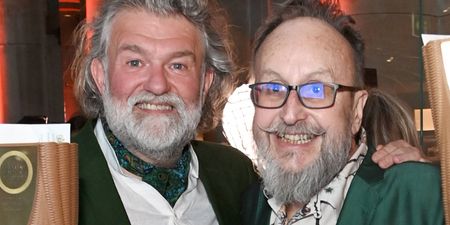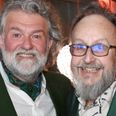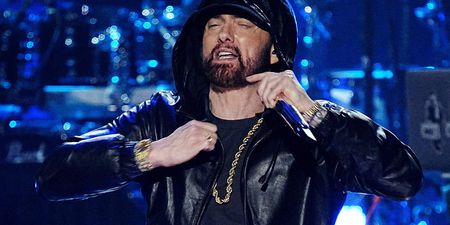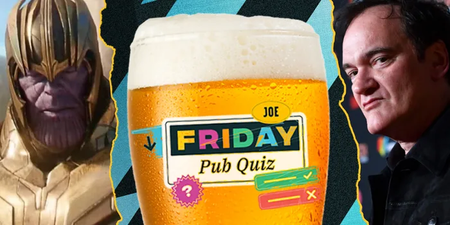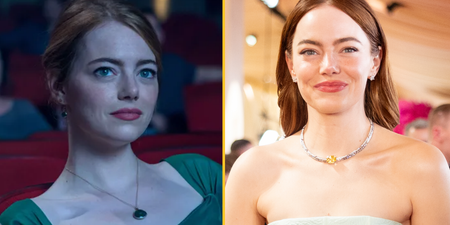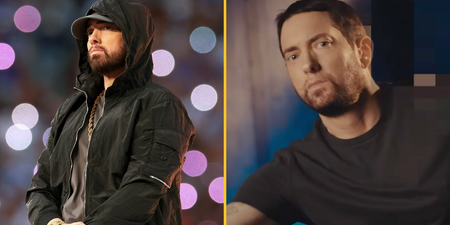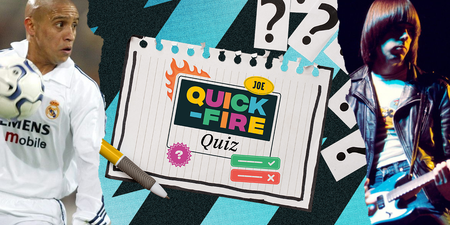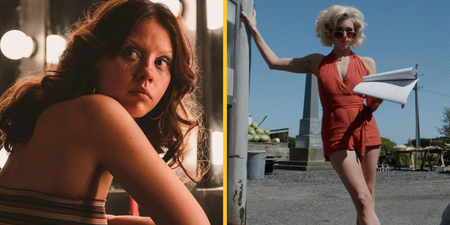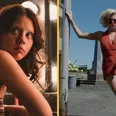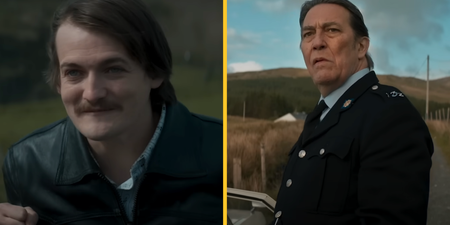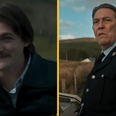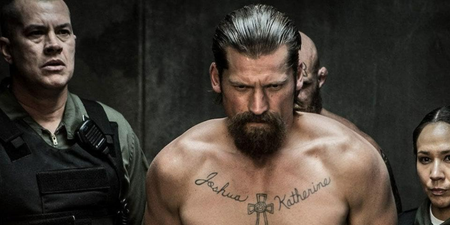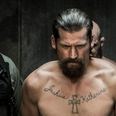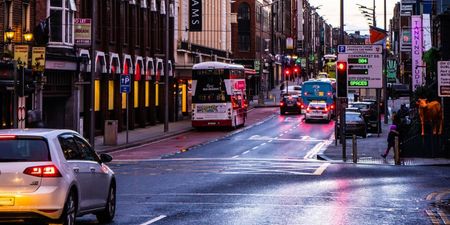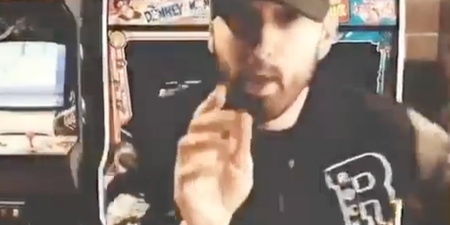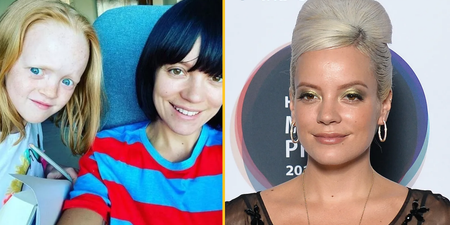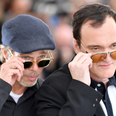Lauded as one of the greatest British movies of all time, Trainspotting still feels timeless and utterly infectious sixteen years on.
When British Prime Minister David Cameron said in January that National Lottery money would be directed at “mainstream” films rather than “art house” cinema, there was a rush from critics to point out the error of his ways.
Sure, films like The King’s Speech were projects that simply couldn’t miss at the box office, but who could’ve predicted monstrous successes from decidedly non-mainstream topics such as heroin use in Edinburgh (Trainspotting) or Sheffield steel workers force into male stripping (The Full Monty)?
Prior to Trainspotting arriving at the height of “Cool Britannia”, billed as the UK’s answer to Pulp Fiction (released two years previously), it should noted that neither director Danny Boyle or Ewan McGregor were unknown quantities.
Indeed, their previous collaboration – Boyle’s directorial debut Shallow Grave – was the most commercially successful British film of 1995. Yet nothing was to prepare them for the stardom which the two’s adaptation of Irvine Welsh’s novel Trainspotting would provide.
Set in an economically depressed are of Edinburgh in the 1990s and centred on a gaggle of heroid addict lowlifes, Trainspotting does not sound like a tempting watch. After all, its sharp editing and dizzying plotline contains scenes of McGregor’s Renton character emerging from a filthy toilet and unbeknownst to him, having a one-night stand with a partner who it turns out is a 15-year-old schoolgirl.
We haven’t even mentioned the scene of a dead baby crawling along a ceiling, its head spinning unnaturally to haunt Renton during a disturbing heroin withdrawal.
With so many unsavoury aspects to its runtime, Trainspotting is as far from mainstream as a National Lottery film could conceivably go, yet a spirited performance from its tremendous cast and an energetic, typically perfect soundtrack from Boyle elevates the material to new heights.
Remember, this is the man who somehow made the All Saints girl group the most memorable aspect of his disappointing Leonardo DiCaprio star vehicle The Beach.
Viewed today, Trainspotting feels fresh as a daisy, with sprightly pacing that never allows the film to dwell on its darker material. Indeed, some of the lighter aspects – such as a hilarious mix-up between a sex tape VHS and that of a classic Scottish international football game – haven’t lost their appeal one bit. 16 years on, we also are of the opinion that Robert Carlyle will never top his role as the dimunitive yet terrifying sociopath that is Begbie.
Rather surprisingly, neither Boyle nor McGregor have expressed much interest in a Trainspotting sequel, even though author Irvine Welsh wrote one, Porno, ten years ago.
While Boyle has said that he’s waiting for the actors to age appropriately for their parts, it’s unlikely that McGregor will return, as the two fell out over the casting of DiCaprio for The Beach. In fairness Ewan, you didn’t miss much.
Perhaps it’s best that Boyle doesn’t return to Renton and Sick Boy and leaves our memories intact, though perhaps a hugely successful return in Porno could prove once and for all that when it comes to box office success, there’s no magic formula. For Trainspotting, all it took was a committed cast, infectious soundtrack and pure raw power to heighten any material.
For more cult films, check out the Jameson Cult Film Club.
